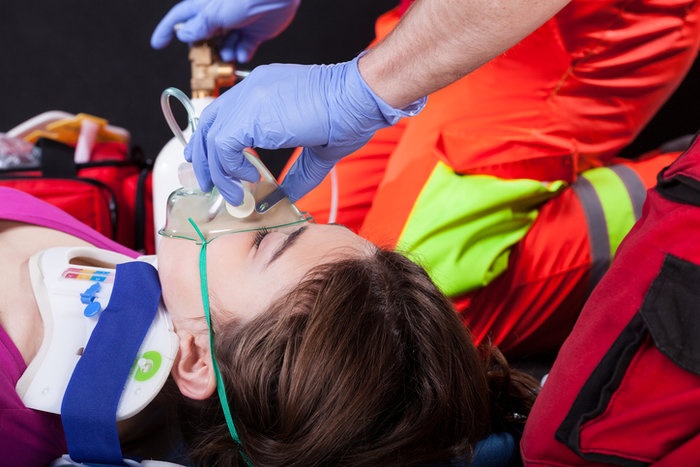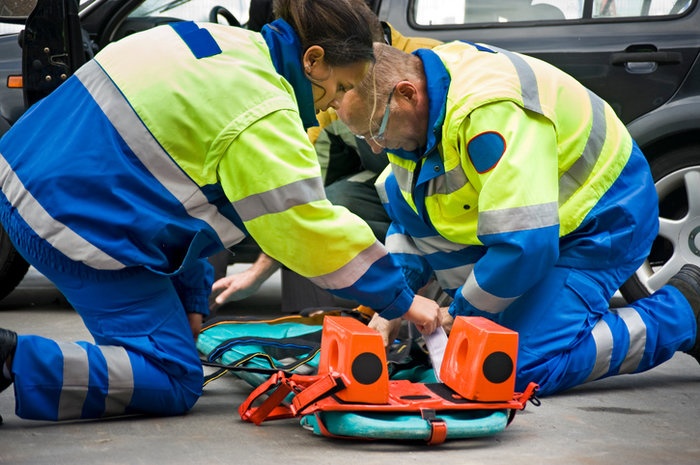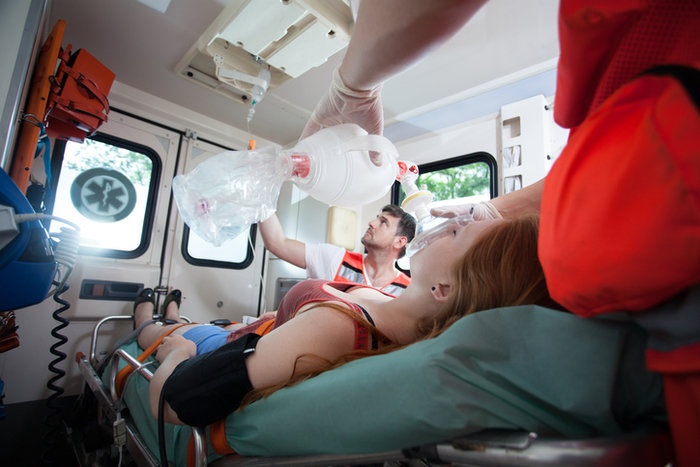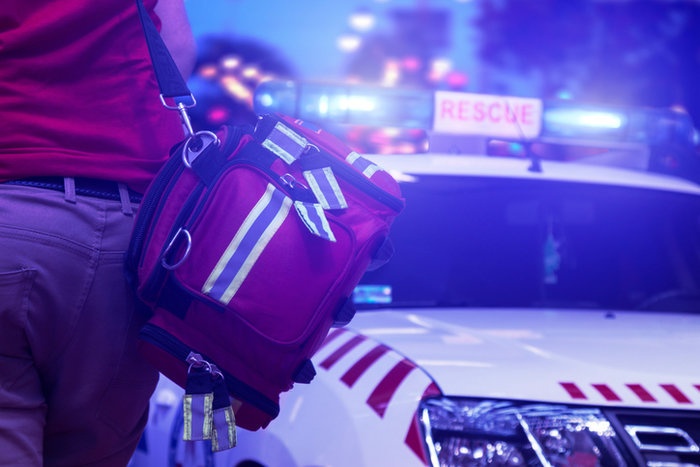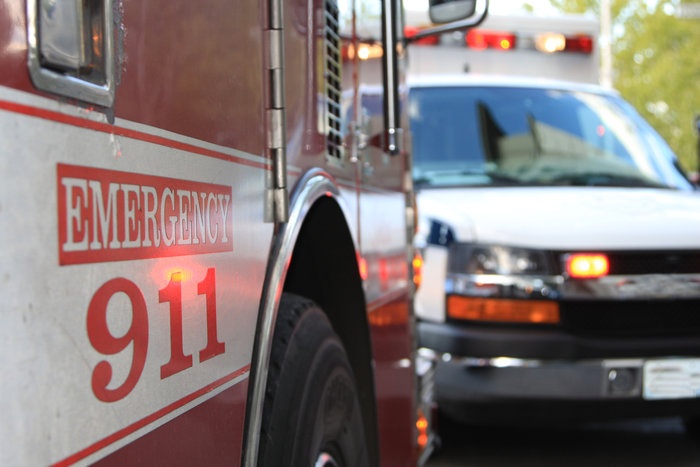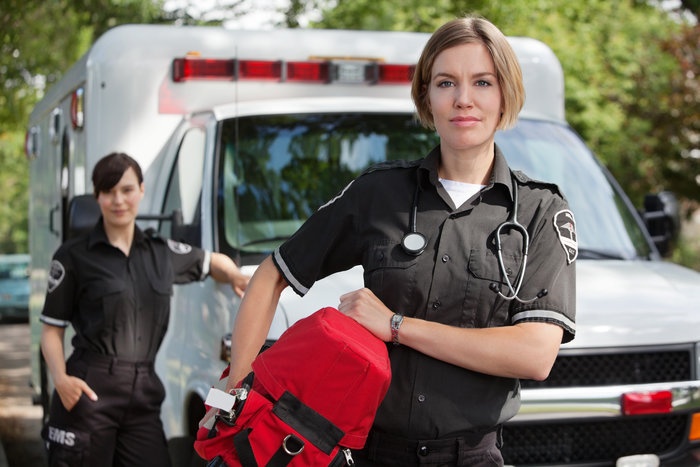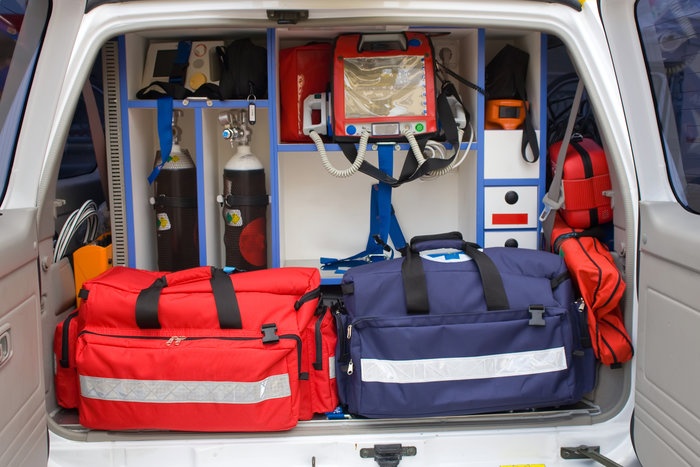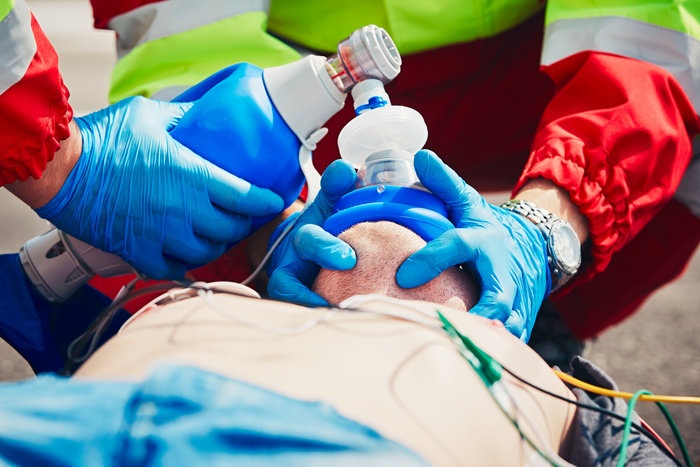No matter how long you’ve worked in healthcare, you know there is always room for improvement when it comes to skills. We practice intubation procedures, review drug protocols, and simulate mega-codes, all for the sake of sharpening our techniques and refreshing our knowledge base. In the ever-changing world of medicine, you can never stop learning.

